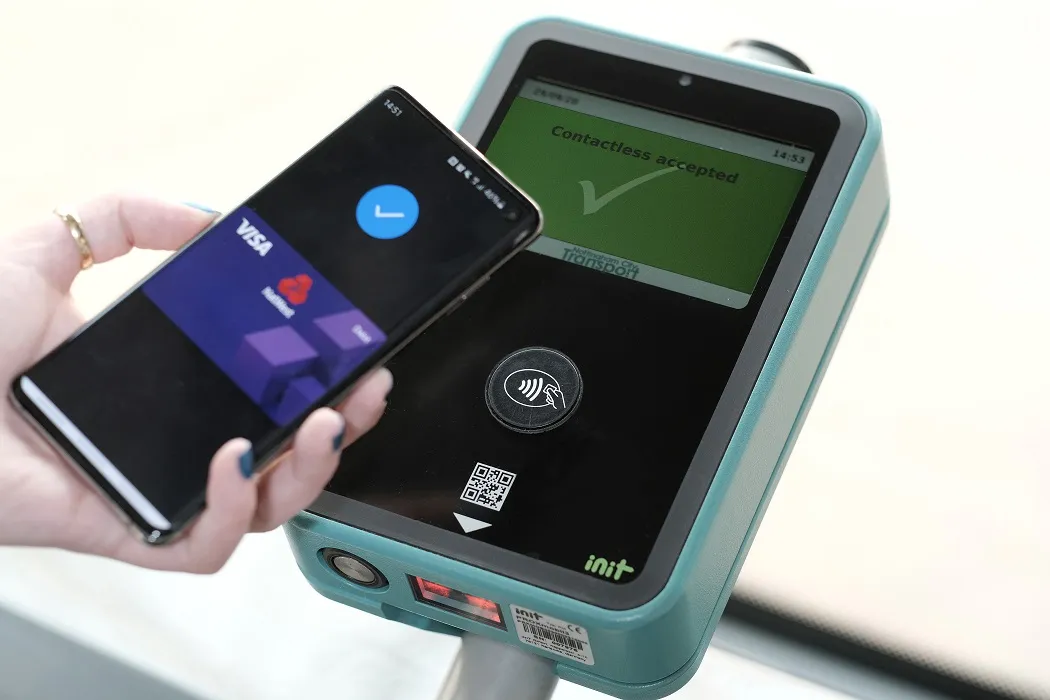Adaptis Solutions has implemented its dash park and go ANPR service at London’s North Greenwich underground station car park in close partnership with car park operator NCP.
dash is used to provide cashless payments, season tickets and multi ticketing options. The system provides customers with the option to make payments by phone, text, mobile websites, mobile apps and a UK based call centre.
The system includes a wi-fi hotspot at the car park to enable quick, easy and secure access to the dash cas
January 21, 2014
Read time: 2 mins
dash is used to provide cashless payments, season tickets and multi ticketing options. The system provides customers with the option to make payments by phone, text, mobile websites, mobile apps and a UK based call centre.
The system includes a wi-fi hotspot at the car park to enable quick, easy and secure access to the dash cashless solution, variable message signage providing customers with real-time information, live tube travel updates, auto pay option and the ability to pay on the train or at home.
The auto pay option automatically records the number of days a vehicle parks within the car park and charges the account holder’s payment card accordingly.
The park and go solution removes the need for barriers; instead customers are able to register their vehicle registration number on a database. Cameras read the number plate as a customer enters and leaves the car park and check it against the database of those who have paid the charge. There is also no longer a requirement to have a ticket visible inside the windscreen of a parked vehicle.
Enforcement of the car parks, specifically the identification and processing of vehicles which have not paid the correct parking charges, is managed through an ANPR engine and reduces the requirement for on-site enforcement monitoring staff.
The system also allows a customer to pay for their parking until 3 am the following day, meaning payment can be made from home or on the train.







